Top 250 Movies Like Bismarck
A list of the best movies similar to Bismarck. If you liked Bismarck then you may also like: Um das Menschenrecht, Furlough on Parole, The Wedding March, Westfront 1918, NVA and many more great movies featured on this list.
Furlough on Parole
Four soldiers on leave from the German army refuse to participate in the leftist October 1918 revolution in Berlin.
The Wedding March
A young impoverished aristocrat falls in love with an inn-keeper's daughter, but has to marry money.
Westfront 1918
A group of German infantrymen of the First World War live out their lives in the trenches of France. They find brief entertainment and relief in a village behind the lines, but primarily terror fills their lives as the attacks on and from the French army ebb and flow. One of the men, Karl, goes home on leave only to discover the degradation forced on his family by wartime poverty. He returns to the lines in time to face an enormous attack by French tanks.
Nazi Pop Twins
This documentary follows the controversial twin-sister pop duo that is Prussian Blue, a nationalist/white power singing group that have made headlines all across the world for being the poster children in a new generation of American neo-nazism.
Der alte und der junge König
The story of the stormy relationship between King Friedrich Wilhelm and his son, who later became known as King Frederick the Great of Prussia.
The Red Baron
Richthofen goes off to war like thousands of other men. As fighter pilots, they become cult heroes for the soldiers on the battlefields. Marked by sportsmanlike conduct, technical exactitude and knightly propriety, they have their own code of honour. Before long he begins to understand that his hero status is deceptive. His love for Kate, a nurse, opens his eyes to the brutality of war.
Rosenstrasse
When Ruth's husband dies in New York, in 2000, she imposes strict Jewish mourning, which puzzles her children. A stranger comes to the house - Ruth's cousin - with a picture of Ruth, age 8, in Berlin, with a woman the cousin says helped Ruth escape. Hannah, Ruth's daughter engaged to a gentile, goes to Berlin to find the woman, Lena Fisher, now 90. Posing as a journalist investigating intermarriage, Hannah interviews Lena who tells the story of a week in 1943 when the Jewish husbands of Aryan women were detained in a building on Rosenstrasse. The women gather daily for word of their husbands. The film goes back and forth to tell Ruth and Lena's story. How will it affect Hannah?
Joyeux Noel
France, 1914, during World War I. On Christmas Eve, an extraordinary event takes place in the bloody no man's land that the French and the Scots dispute with the Germans…
Maiden, You please Me
A Saxon village in 1792: While the Prussians go against France, the haymaking takes place in the village and the resolute Marthe catches her daughter Ev with the village blacksmith Ruprecht in the hay.
Kolberg
During Napoleon's victorious campaign in Germany, the city of Kolberg gets isolated from the retreating Prussian forces. The population of Kolberg refuses to capitulate and organizes the resistance against the French army, which immediately submits the city to massive bombardments.
All Quiet on the Western Front
A young soldier faces profound disillusionment in the soul-destroying horror of World War I. Together with several other young German soldiers, he experiences the horrors of war, such evil of which he had not conceived of when signing up to fight. They eventually become sad, tormented, and confused of their purpose.
Before the Fall
In 1942, Friedrich Weimer's boxing skills get him an appointment to a National Political Academy (NaPolA) – high schools that produce Nazi elite. Over his father's objections, Friedrich enrolls. During his year in seventh column,Friedrich encounters hazing, cruelty, death, and the Nazi code. His friendship with Albrecht, the ascetic son of the area's governor, is central to this education.
The Blue Max
A young pilot in the German air force of 1918, disliked as lower-class and unchivalrous, tries ambitiously to earn the medal offered for 20 kills.
The Bridge at Remagen
In March of 1945, as the War in Europe is coming to a close, fighting erupts between German and American troops at the last remaining bridgehead across the Rhine.
The Candidate
Made with an eye to the autumn of 1980 when the German parliamentary elections took place, The Candidate examines Germany’s history past and present and Franz Josef Strauß, the man who, as the CDU/CSU candidate, aspires to be elected to the most important political office in the land.
Conspiracy
The historical recreation of the 1942 Wannsee Conference, in which Nazi and SS leaders gathered in a Berlin suburb to discuss the "Final Solution to the Jewish Question". Led by SS-General Reinhard Heydrich, this group of high ranking German officials came to the historic and far reaching decision that the Jews of Europe were to be exterminated in what would come to be known as the Holocaust.
Girls in Uniform
In a strict Prussian boarding school for girls, sensitive student Manuela von Meinhardis develops a forbidden love to one of her teachers, the compassionate Elisabeth von Bernburg.
Mademoiselle Fifi
In occupied France during the Franco-Prussian War, a young French laundress shares a coach ride with several of her condescending social superiors. But when a Prussian officer holds the coach over, social standings are leveled and integrity and spirit are put to the test.
Double Whoopee
Stan and Ollie wreak havoc at an upper class hotel in their jobs as footman (Hardy) and doorman (Laurel). They partially undress blonde bombshell Jean Harlow (in a brief appearance) and repeatedly escort a stuffy nobleman into an empty elevator shaft.
Germany in Autumn
Germany in Autumn does not have a plot per se; it mixes documentary footage, along with standard movie scenes, to give the audience the mood of Germany during the late 1970s. The movie covers the two month time period during 1977 when a businessman was kidnapped, and later murdered, by the left-wing terrorists known as the RAF-Rote Armee Fraktion (Red Army Fraction). The businessman had been kidnapped in an effort to secure the release of the orginal leaders of the RAF, also known as the Baader-Meinhof gang. When the kidnapping effort and a plane hijacking effort failed, the three most prominent leaders of the RAF, Andreas Baader, Gudrun Ensslin, and Jan-Carl Raspe, all committed suicide in prison. It has become an article of faith within the left-wing community that these three were actually murdered by the state.
Lessons of a Dream
An English teacher brings soccer to a German school in the 19th Century.
Ludwig
Historical evocation of Ludwig, king of Bavaria, from his crowning in 1864 until his death in 1886, as a romantic hero. Fan of Richard Wagner, betrayed by him, in love with his cousin Elisabeth of Austria, abandoned by her, tormented by his homosexuality, he will little by little slip towards madness.
The Blind Spot
The true story of a journalist who investigates the backgrounds of the Oktoberfest terror attack of 1980.
Eine Handvoll Helden
An episode from the war in 1806 when a small troop of Prussian soldiers digs in at a mill in order to defend itself against the overwhelming advance of the French army.
The Harvey Girls
On a train trip West to become a mail-order bride, Susan Bradley meets a cheery crew of young women traveling out to open a "Harvey House" restaurant at a remote whistle-stop.
The Anthem of Leuthen
The story of the rise to power of King Frederick II (aka "Frederick the Great") of Prussia of his military campaigns to make Prussia a major power in Europe.
Ludwig II
A dramatic retelling of the life of Ludwig II, King of Bavaria, one of the most fascinating monarchs of modern times. From his accession to the throne at the age of 18 to his passionate support of Richard Wagner and his music. From his ingenuous political commitment to his obsessive construction of extravagant palaces and to his gradual withdrawal into a lonely dream world, an epic narrative of breathtaking grandeur.
Man Walking Around a Corner
The last remaining production of Le Prince's LPCC Type-16 (16-lens camera) is part of a gelatine film shot in 32 images/second, and pictures a man walking around a corner. Le Prince, who was in Leeds (UK) at that time, sent these images to his wife in New York City in a letter dated 18 August 1887.
Men of the Sky
In the years before World War I, a love affair takes place between an American pilot named Jack Ames and a French spy named Madeleine Aubert. Madeleine leaves her American fiancé to join her father, another French spy, at an estate in Germany. Her father instructs her to accept the invitation of a Prussian officer, Eric von Coburg, to live at his estate for a month.
Sun Alley
A group of kids grow up on the short, wrong (east) side of the Sonnenallee in Berlin, right next to one of the few border crossings between East and West reserved for German citizens. The antics of these kids, their families, of the "West German" friends and relatives who come to visit, and of the East German border guards, all serve to illustrate the absurdity of everyday life on the Sonnenallee, and therefore throughout the former East Germany.
Operation Valkyrie
In 1944, a group of high command officers plot an attempt against Hitler, and one of the leaders of the conspiracy, Stauffenberg (Sebastian Koch), goes to a meeting with the Fuhrer in charge of exploding the place. However, Hitler survives and the officers are executed. This unsuccessful operation was called "Valkyrie Operation", and this realistic movie discloses this true event.
The Student Prince
A prince has a romance with a barmaid before he must give up personal happiness for duty.
The Little American
A young American has her ship torpedoed by a German U-boat but makes it back to her ancestral home in France, where she witnesses German brutality firsthand.
Buddenbrooks
Mid-19th-century, Baltic Sea port city of Lubeck, Germany. Follows the fourth generation of the Buddenbrook mercantile family as Tony and Thomas reach the age of marriage. Fatefully impeded every step of the way, the Buddenbrooks struggle as economic hardship and personal defeats weigh down family relations.
Station West
When two US cavalrymen transporting a gold shipment get killed, US Army Intelligence investigator John Haven goes undercover to a mining and logging town to find the killers.
Captain Newman, M.D.
In 1944, Capt. Josiah J. Newman is the doctor in charge of Ward 7, the neuropsychiatric ward, at an Army Air Corps hospital in Arizona. The hospital is under-resourced and Newman scrounges what he needs with the help of his inventive staff, especially Cpl. Jake Leibowitz. The military in general is only just coming to accept psychiatric disorders as legitimate and Newman generally has 6 weeks to cure them or send them on to another facility. There are many patients in the ward and his latest include Colonel Norville Bliss who has dissociated from his past; Capt. Paul Winston who is nearly catatonic after spending 13 months hiding in a cellar behind enemy lines; and 20 year-old Cpl. Jim Tompkins who is severely traumatized after his aircraft was shot down. Others come and go, including Italian prisoners of war, but Newman and team all realize that their success means the men will return to their units.
Effi Briest
When 17-year-old Effi Briest marries the elderly Baron von Instetten, she moves to a small, isolated Baltic town and a house that she fears is haunted. Starved for companionship, Effi begins a friendship with Major Crampas, a charismatic womanizer.
Die Spiegel-Affäre
Under the slogan of the arms race of the superpowers, which escalates in the Cuban Missile Crisis in 1962 and brings the world to the brink of nuclear war, two exemplary post-war male figures challenge an almost archaic feud: Defense Minister Franz Josef Strauss and journalist Rudolf Augstein.
Neger, Neger, Schornsteinfeger
This drama is based on the childhood memories of Hans Jürgen Massaquoi, who was one of the few black native Germans in Nazi Germany. In 1935 at the age of nine, he lives with his German mother in a small flat in Hamburg's working class district Barmbek, while his father and grandfather had left the country. Although the boy is not persecuted by the Nazis and dreams of joining the Hitler Youth, his skin color makes him a target for racist abuse...
The Bridge
A group of German boys is ordered to protect a small bridge in their home village during the waning months of the second world war. Truckloads of defeated, cynical Wehrmacht soldiers flee the approaching American troops, but the boys, full of enthusiasm for the "blood and honor" Nazi ideology, stay to defend the useless bridge.
Timestalkers
History professor Scott McKenzie makes an anachronistic discovery in a photograph from the Old West and he is soon joined by beautiful time-traveler Georgia in a time-skipping adventure to stop her colleague from the future from erasing her from existence.
The Captain from Kopenick
The 1956 movie based on the theater play by Carl Zuckmayer based on the true story of cobbler Wilhelm Voigt who dressed up as a German military officer and, with the help of unsuspecting soldiers, took over the city hall in Köpenick and confiscated the city's purse.
Is was, Kanzler?
October 1982: The entire German political scene is corrupt, the German government a puppet of the USA. To play it safe, the CIA replaces German politicians with compliant doubles. When the chancellor's doppelganger, of all people, is to be taken out of circulation, the secret service accidentally kills the real chancellor, who is floating dead in the swimming pool. Agent Erwin of the Federal Criminal Police Office is assigned to solve the case...
Zeppelin
The outbreak of World War I places Scots officer Geoffrey Richter-Douglas in an uncomfortable position. Although his allegiance is to Britain, his mother was from an aristocratic Bavarian family, and he spent his summers in Germany as a child. When Geoffrey is approached by a German spy who offers him a chance to defect, he reports the incident to his superiors, but instead of arresting the spy they suggest that he accept her offer--and become an Allied agent. In Germany, among old friends, Geoffrey discovers that loyalty is more complicated than he expected, especially when he finds himself aboard the maiden voyage of a powerful new prototype Zeppelin, headed for Scotland on a secret mission that could decide the outcome of the war.
Odyssey of Heroes
When their ship is sunk in the Indian Ocean during the first world war, 50 men have to cross infinite stretches of sea and desert, avoid enemies, find allies and finally make it home to Germany. A breathtaking real-life odyssey.
The White Rose
During the Second World War, a small group of students at Munich University begin to question the decisions and sanity of Germany's Nazi government. The students form a resistance cell which they name the "White Rose" after a newsletter that is secretly distributed to the student body. At first small in numbers and fearful of discovery, the White Rose begins to gain massive support after a Nazi Gauleiter nearly incites a student riot after a provokative speech. At this point, the matter is taken over by the German Gestapo, who pledge to hunt down and destroy the members of the White Rose.
Annie Oakley
Awkward Annie (Barbara Stanwyck) loves her sharpshooting rival (Preston Foster) in Buffalo Bill's Wild West Show.
Elly Beinhorn: Solo Flight
The story of Elly Beinhorn, the first German aviator ever to fly around the world which made her a national hero in the 1930s.
Open the Wall
A lighthearted look at the opening of the border crossing of Bornholmer Straße in Berlin from the point of view of the confused border guards.
Heimat ist kein Ort
The unemployed taxi driver Klaus, the gay dog sitter Uwe and the strict nurse Inge did not have an easy childhood. Her mother died too early, the father then gave her home. Now the old man has died and for the hated Kurbjuweits is the Notarbesuch on. Klaus, Uwe, Inge and their daughter Jule now hope to inherit money and real estate - but they are surprised by an unusual testament. They have to scatter the ashes of the dead in places in their East Prussian homeland, which were important to the father. Together with the young Polish notary Krzysztow, who is supposed to supervise the proper implementation, they are leaving for good or ill. It takes them almost to Polish prison and soon to a wedding, where they understand better not only the father, but also himself better.
Die Supernasen
Tommy loses his job as a make-up artist at Bayerischer Rundfunk after fogging an announcer with hairspray and then insulting her; Mike is dumped by his girlfriend because, on the one hand, he only cares about his music and, on the other hand, he is financially stranded. So they both need money and decide to become detectives. On behalf of a rich industrialist, they are to shadow his wife and take photos of her cheating. So Mike and Tommy travel to Bad Spänzer, where the lady is staying. But she is as faithful as gold, so Mike, disguised as a Prussian, makes advances to her so that Tommy can take the required photos. But Tommy soon has to slip into a costume, too: Since Tommy looks deceptively similar to an Arab sheik, he is hired by the sheik's secret service to double him. What Tommy doesn't know: assassins want to kill the sheikh at all costs.
Ordinary Men: The "Forgotten Holocaust"
The Nuremberg Einsatzgruppen trial of 1947/1948 is considered the largest murder trial in history against members of four death squads from the security police and SD (the security service of the SS). During World War II, six million Jews were murdered. Four million died in the extermination camps, but two million people were killed in systematic mass shootings. The perpetrators came face to face with their victims. They shot at men, women, children - day after day, obediently and assiduously, as if it were normal work. Tens of thousands of Germans belonged to the mobile commandos of the task forces and police battalions. Who were these men, how could they commit such murders? What did the few survivors tell, how were they able to escape the mass extinction and live on with the horrific experience? Based on written traditions, original documents, film footage and photos as well as expert statements, the documentary traces the path of one of these murder battalions.
Peter Eisenman: Building Germany's Holocaust Memorial
This documentary explores the creation of the Holocaust Memorial in Berlin as designed by architect Peter Eisenman. Reaction of the German public to the completed memorial is also shown.
Hitler in Colour
Documentary using only original colour footage charts the 12 years from Adolf Hitler's rise to power to the fall of Berlin in 1945. Complemented by eyewitness material, tracks the dramatic transformation of Germany into a Nazi state, looks into Hitler's relationship with his lover Eva Braun and replicates pivotal events, including Nazi rallies, the invasion of Poland, Hitler's meeting with Lloyd George, the horrors of Buchenwald concentration camp, Warsaw's Jewish Ghetto, the Battle of Britain and the fall of Berlin.
Kulenkampffs Schuhe
Essay film about German family life in the postwar decades, refracted through TV quiz shows and their hosts' biographies.
Caligari: When Horror Came to Cinema
On February 26, 1920, Robert Wiene's world-famous film The Cabinet of Dr. Caligari premiered at the Marmorhaus in Berlin. To this day, it is considered a manifesto of German expressionism; a legend of cinema and a key work to understand the nature of the Weimar Republic and the constant political turmoil in which a divided society lived after the end of the First World War.
Bimbes: Die schwarzen Kassen des Helmut Kohl
During the donations scandal of 1999/2000, Helmut Kohl gave his legendary "word of honor" not to name any donors. This documentary explores the question of what this word of honor was really all about
Rechts. Deutsch. Radikal.
Over the past 18 months, journalist Thilo Mischke has conducted research for ProSieben within right-wing networks and met supporters of various right-wing and right-wing extremist groups. In the "ProSieben Special: Right. German. Radical." he pursues the question: "Is our liberal democratic basic order in danger?
Leonardo da Vinci and the Bust of Flora
Acquired in July 1909 by art collector Wilhelm von Bode (1845-1929), director general of the Prussian Art Collections and founding director of the Kaiser-Friedrich-Museum, now the Bode-Museum, the Bust of Flora, Roman goddess of flowers, has been the subject of controversy for more than a century.
Panoramas of War
The end of the Franco-Prussian war (1870-71) saw the birth of the panoramas of war, huge circular paintings depicting scenes of war, cruelty and desolation that were contemplated by thousands of spectators, a kind of inmersive static newsreels, a mass media prior to the era of mass media, a virtual reality on canvas.
Mädchen in Uniform
A sensitive girl is sent to an all-girls boarding school and develops a romantic attachment to one of her teachers. One of the earliest narrative films to explicitly portray homosexuality. Based on "Gestern und Heute" by German playwright Christa Winsloe.
Bald Knobber
This true story is about the 1880s vigilante group that terrorized Taney County Missouri.
The Great King
King Frederick II (aka "Frederick the Great") of Prussia is engaged in a major battle against the Austrian army at Kunersdorf, and things aren't going well. The Austrians are inflicting major casualties, and his army is beginning to crumble. Defeat seems inevitable when a combination of events gives him hope that he may pull victory from the jaws of defeat after all.
The Heart of Humanity
The story centers around Nanette, an American girl living in a small Canadian village, who is in love with John Patricia, the eldest of five brothers. The war interrupts their romantic idyll, as everyone goes overseas to Belgium and France. Nanette becomes a Red Cross nurse and is terrorized by the evil Prussian Lt. von Eberhard.
Final Assignment
An intrepid television journalist sent to cover the Canadian prime minister's visit to the Soviet Union has trouble sticking to her assignment when she unearths a horrific experimental drug trial involving children. Determined to prepare a video that will show the world exactly what's been going on, she dodges the long arm of the KGB and falls into bed with a Communist bureaucrat.
The Dismissal
German chancellor Otto von Bismarck promises the dying emperor Wilhelm I. to be loyal to his grandson. But the gap between young Kaiser Wilhelm II. and old Bismarck is rapidly widening. It soon appears that an era is coming to an end.
Gentlemen Explorers
Marcus O'Riley (Riley) and his partner The Magician are freelance explorers who specialize in the retrieval of folklore objects and are forced by a secret government agency to retrieve a powerful object from one of the Grimm's Brother's fairy tales, the Infinity Pistol. In order to find the Pistol the two explorers must partner with a gorgeous Mexican artifact agent in order to find it before the warmongering Prussian's do.
Tales of Hoffmann
This movie, directed by Richard Oswald, is based on the operetta "Les contes de Hoffmann" by Jacques Offenbach (1819-1880), which is a genial musical potpourri from various short stories and novels by the Prussian writer, composer, painter, lawyer and judge E.T.A. Hoffmann (1776-1822). While Hoffmann's literary work was longtime considered to be merely fantastical, it was finally researched, in the last years, according to its metaphysical background. Characteristic for Hoffmann's work is his life-long fight against rationalism and for the revelation of nature morte, culminating mostly in carnival-like scenes anticipating literary techniques only described in the works of Bachtin and Bachelard.
Kaisersturz
While World War One is coming to an end, the Social Democrat Friedrich Ebert is trying to maintain political stability in Berlin. In the haughty Prince Max of Baden he finds an ally who offers him government participation under his chancellorship. In the meantime, discontent with the monarchy is steadily increasing in the last days of the war, but Emperor Wilhelm II remains steadfast in his throne.
Reunion in Travers
The time is the French Revolution; the place is the village of Travers, ensconsed in neutral Switzerland. Prussian aesthete Herman Beyer is on the verge of divorcing wife Corinna Harfouch. Radical writer Uwe Kokisch, Corinna's lover, hopes to find a way of smoothing out animosities. What follows, however, is a nonstop drinking binge. The film subliminally addresses the then-prevalent issue of a divided Germany. Whether or not it succeeds is unimportant; Treffen in Travers (Reunion in Travers) has proven to be a crowd pleaser wherever it has been shown.
Kaiserspiel
On operated by Prussian prime minister Otto von Bismarck the German Empire is finally founded in 1871 on the floors of Versailles castle, ancestral seat of the French monarchy.
Der Rücktritt
In 2012 German Bundespraesident Christian Wulff declares his resignation in the great hall of Bellevue Palace. At the side of his wife, he had to face the pressure of the media for 68 days while struggling for office of head of state of the Federal Republic of Germany.
The Cat's Bridge
In 1807 Prussia, Napoleon supporter Baron von Schranden forces his maid Regine to lead the French enemy across “Cat’s Bridge”, up behind a corps of Prussian volunteers who the French then decimate. In retaliation for this betrayal, the people of Schranden set the lord’s castle on fire. When the baron’s son Boleslav returns to the village a Prussian war hero in 1813, he is faced with a self-righteous village community that has denied his late father a decent burial. Regine is Boleslav’s only ally, and Boleslav is Regine’s only ally. The conflict escalates, and the villagers set up an ambush for him at Cat’s Bridge …
Tage des Sturms
On June 17, 1953, there was an outrageous action between the Elbe and the Oder: the people in the GDR refused obedience to their political leadership. The story takes place in Bitterfeld and tells the story of a family involved in the political events around 17 June.
The Silver Star
A third generation deputy sheriff doubts whether or not he has the guts for the job that killed both his father and grandfather. His doubts are re-enforced when three vicious gunmen arrive in town. From the original 35mm widescreen negative.
Border Feud
A marshal with a whip and a sheriff with a sense of humor end a gold-mine feud.
Without Trumpet or Drum
Summer 1870. Following the French defeat at Sedan. Léon, a soldier in a detachment isolated in the Ardennes forest, is sent in search of water. When he discovers the most peaceful of rivers, he decides to undress and bathe in it. At bend of the river he catches sight of another naked swimmer. It's a Prussian! Both men start bickering a bit: aren't they supposed to be arch enemies? But they soon fraternize. Unfortunately the patrol has not vanished in the haze and they hear it coming. Each man gets hold of his uniform and runs away in two opposite directions. The only trouble is that Fritz the Prussian has donned the French uniform and Leon the Prussian one!
Barschel: Murder in Geneva
A conspiracy-theorizing filmmaker meets with a prospective producer in order to pitch a movie about the death of real-life German politician Uwe Barschel, in which the official ruling of suicide raised more questions than answers.







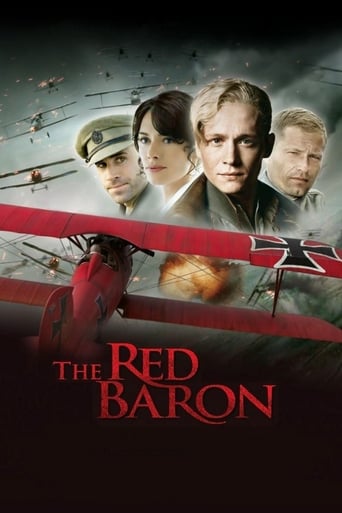

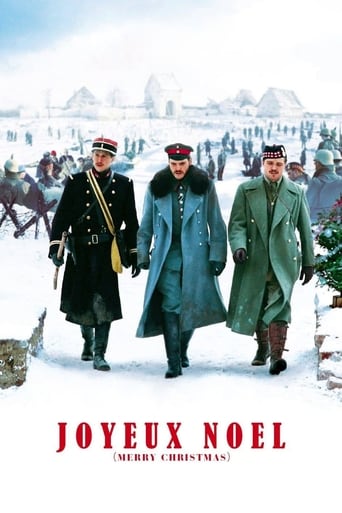


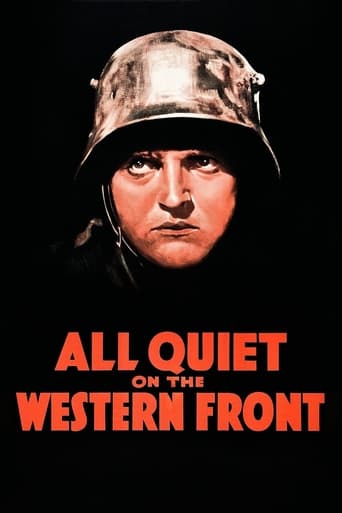

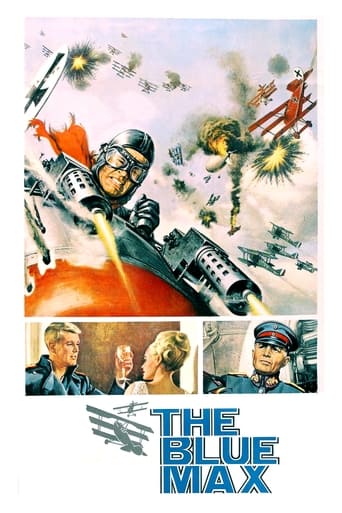
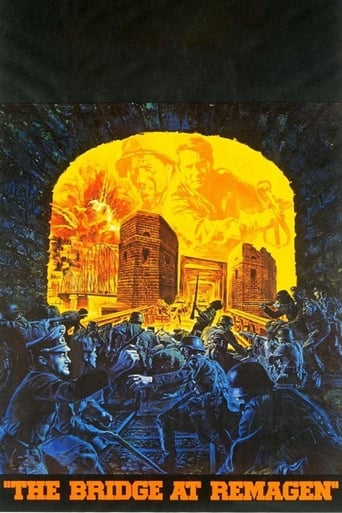

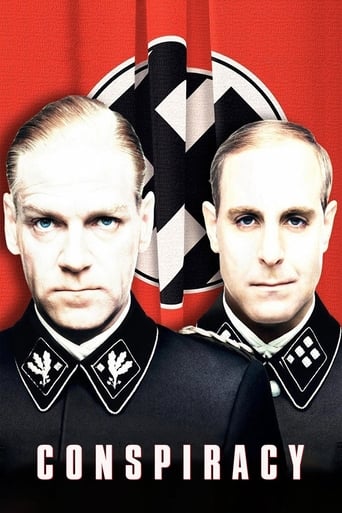








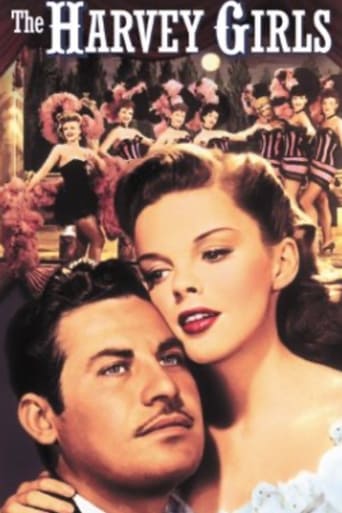







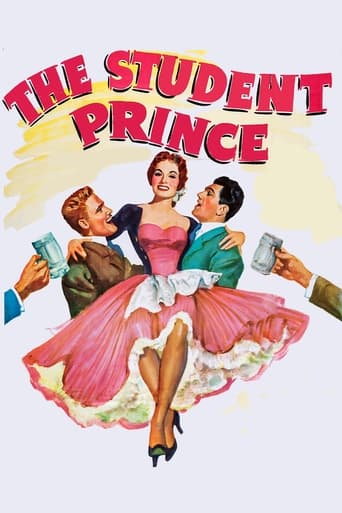
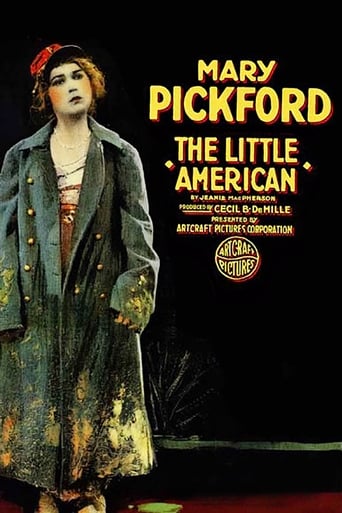

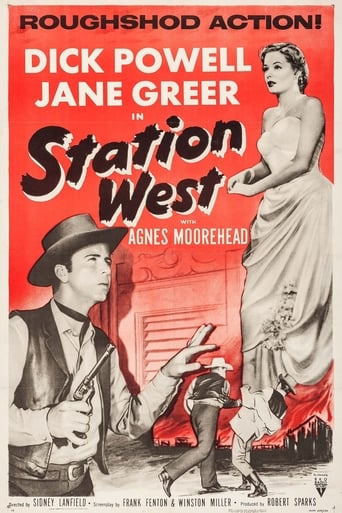
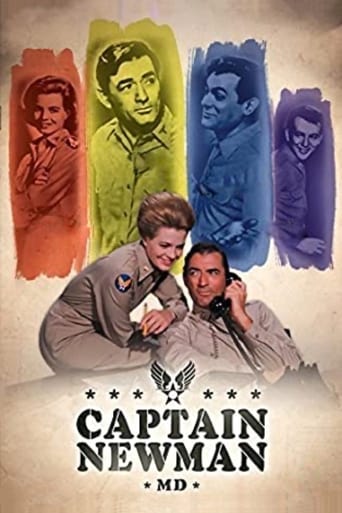


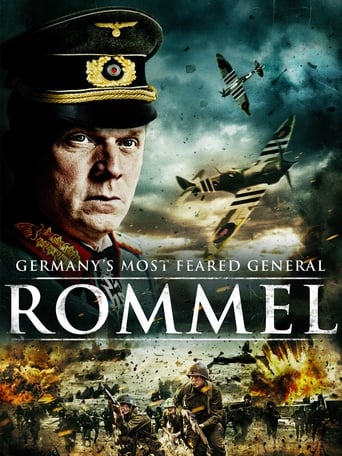






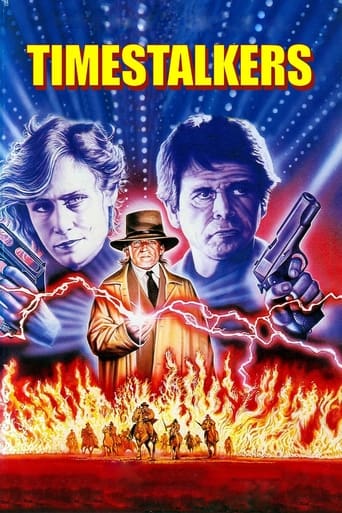


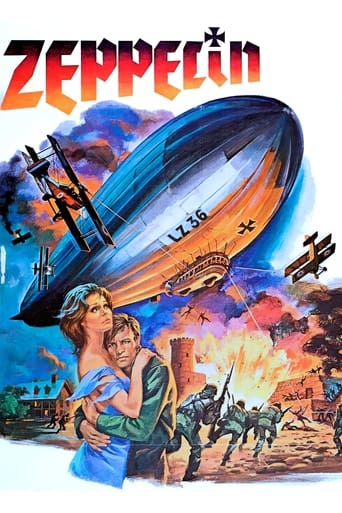
















































Um das Menschenrecht